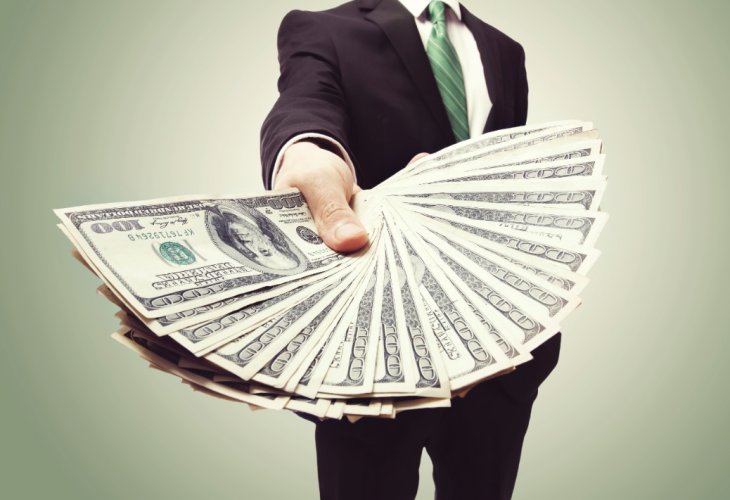Personality Development
Rethinking Money: Beyond the Numbers
How our beliefs, emotions, and priorities shape financial choices- and why true wealth isn’t always about having more.
 (Photo: Shutterstock)
(Photo: Shutterstock)What do you mean when you say you don’t have money to pay school or daycare tuition, but you do have money for afternoon enrichment classes? Or when you say you can’t pay the electric bill, but you can pay for the annual vacation?
We live in a world that revolves around money. “Money is the answer to everything,” people say. “If you had more money, you'd be happy.” Is this really true? Is money the secret to happiness?
What Is Money?
Money is essentially high-quality paper, printed and regulated by the government. It has no inherent value beyond the meaning we assign to it. In some countries, ten dollars is a lot. In others, it’s nothing.
In spiritual terms, money is a form of energy, just like time, health, vitality, relationships, and creativity. All these energies are interconnected.
A “leak” in one area affects the others. For example, health problems cost money. A toxic relationship can drain your self-esteem, hurt your health, waste time, and damage your mood.
If you want to preserve your money energy, you have to care for your other energies as well, and vice versa- if you focus only on your finances but neglect your mental or emotional well-being, you’ll eventually feel the impact.
In psychological terms, money is seen as the answer. Many people believe that money will solve their emotional or psychological problems. “If I had a nicer car like my neighbor, I’d feel better.”
“If we could just take that dreamy Caribbean vacation, it would save our marriage…” However, you don’t need money to walk along a beach at sunset. And no matter how much you have, there will never be “enough.”
The Money–Happiness Myth
According to Nobel Prize-winning psychologist Daniel Kahneman and his team, the idea that happiness increases with income is largely an illusion. While a higher standard of living might bring a short-term boost in happiness, that boost fades quickly as you get used to the new lifestyle.
Their study found little difference in happiness levels between Americans who earned over $90,000 and those earning $50,000- $90,000. In fact, as income rises, you're likely to spend more time working or thinking about work.
You don’t need more money to live a good, meaningful, or happy life. True wealth lies in how you manage your energy- not only your bank account.
Ronit Timsit is a lecturer and consultant on emotional and economic development, and developer of the "Zuzim" method for effective budget management ronittimsit@gmail.com

